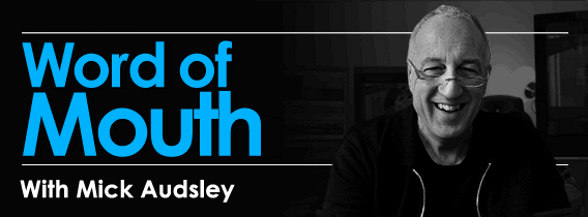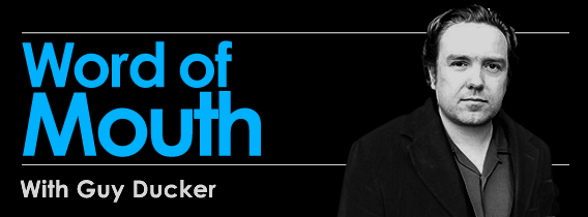
PB member, Guy Ducker, talks to veteran film editor, Mick Audsley, about the vast changes in editing from when he first entered the industry in the 70s, through the delights and perils of the digital age and with it job insecurity.
Mick Audsley has edited everything from My Beautiful Laundrette and Dangerous Liaisons to 12 Monkeys and Harry Potter & the Goblet of Fire, but he’s concerned about the direction in which post-production is going. With the help of Hyperactive and Pivotal Post, he’s started an event called Sprocket Rocket, hosted by Soho’s De Lane Lea facility house, to get the industry talking. Having worked with Mick very briefly some years ago, I decided to see if I could lure him to the comfort of a West End club to find out more about his take on editing and where he thinks things are going wrong.
His first experience of cutting came when he edited a pitch to the BFI for a production of King Lear. The experience was revelatory: “I saw that this was where the power was in filmmaking.” The project was commissioned. I asked Mick what the atmosphere was like in the BFI cutting rooms when he was there in the 1970s. “Cutting rooms would all be working next to each other” he said. “We’d show each other work, we’d get excited about things, we’d ask advice, we’d ask friends to screenings ‘We’re going to run a reel today, will you come and have a look and give your notes?’ I too would be asked to come and see a film that Kevin Brownlow was making, and it was very exciting to see something like that and be asked your opinion. It was new to me to be given a voice.”
